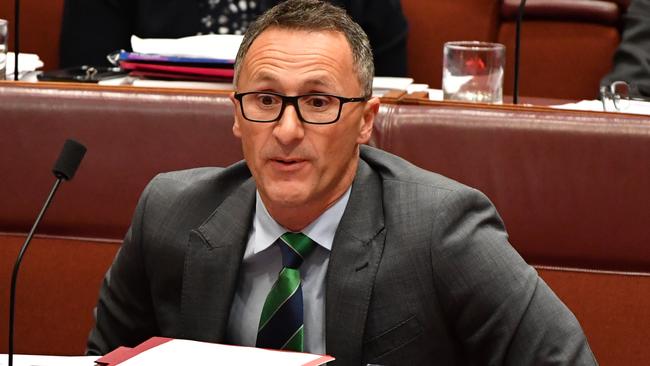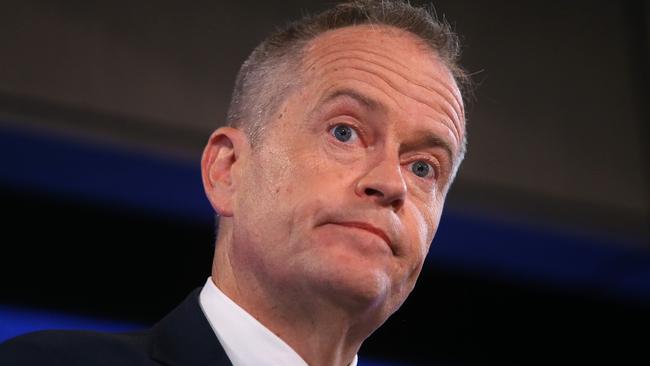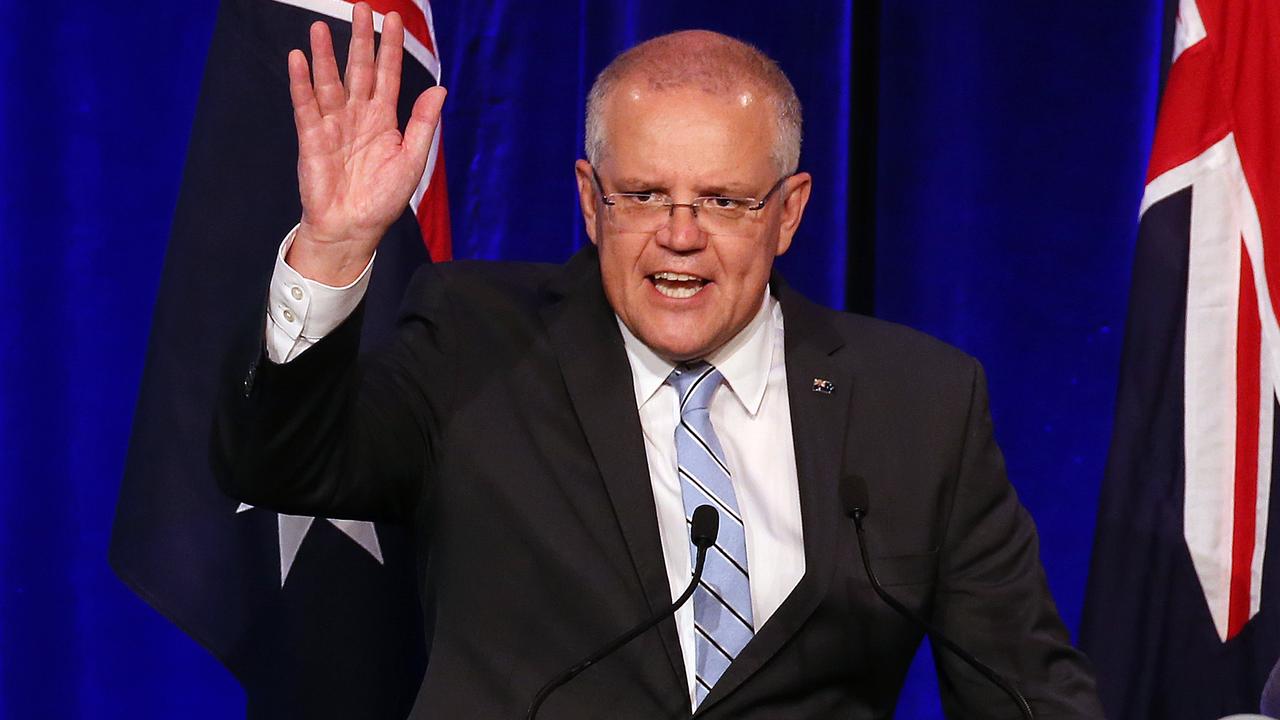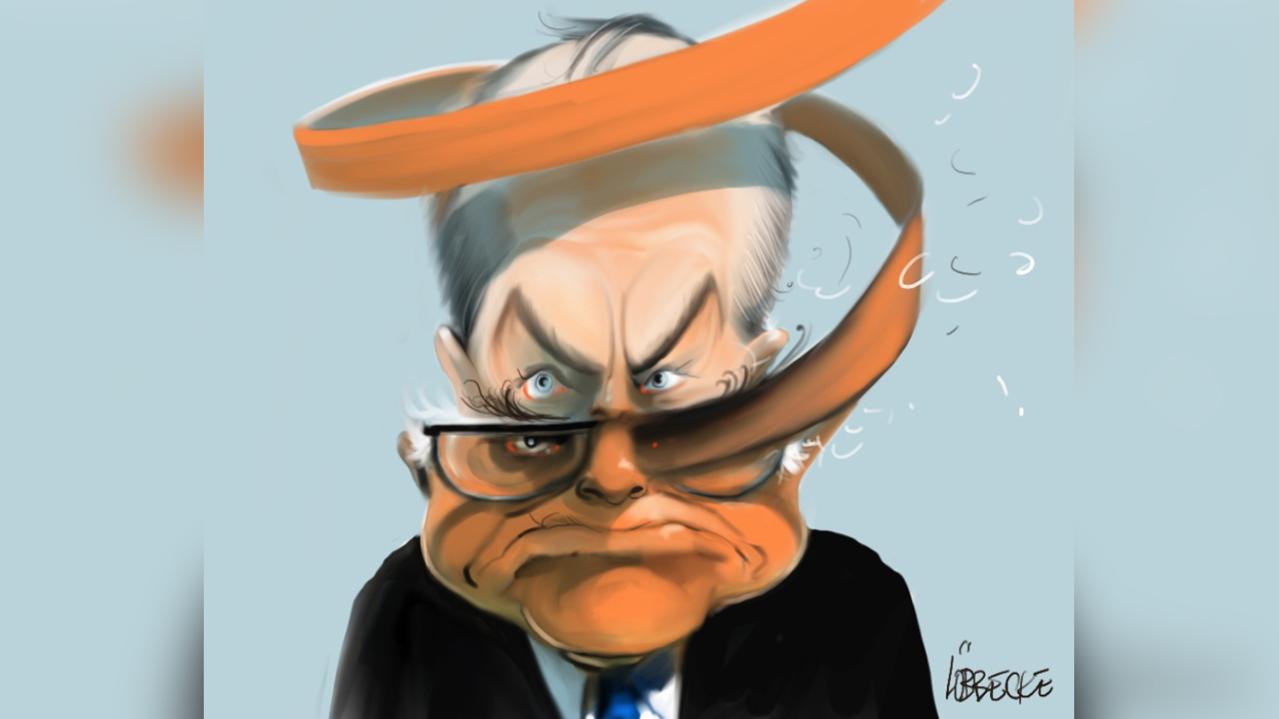
Forget the Deputy Prime Minister’s protestations about Labor’s mooted federal corruption watchdog. As sure as night follows day the government will roll over and support it. Barnaby Joyce might rail against doing so to save face, but in the end the political damage of holding out will become overwhelming.
If I’m wrong just watch the way Labor will characterise the Coalition between now and the next election: as unprepared to commitment to tackling corruption. Why support royal commission powers to examine the construction industry but not the actions of government ministers? Even delaying rolling over and supporting the idea that will cause damage for the Coalition. With parliament returning next week the Prime Minister should eat humble pie and take this issue off the agenda.

The political imperative to narrow the gap between the government and the opposition on this policy idea is reminiscent of Mark Latham’s announcement to cut generous parliamentary superannuation ahead of the 2004 election. John Howard quickly gave in, knowing the risks of being seen to defend fat cat entitlements out of step with community expectations.
Of course those changes were not retrospective, meaning Latham now spews his bile railing against “elites” all the while collecting an old fashion six-figure taxpayer funded parliamentary pension. A true outsider if ever there was one. Now that is an inconvenient truth, indeed a fact you can’t ignore.
It was a clever tactic from Bill Shorten changing Labor’s position over the summer into one of supporting a federal corruption watchdog. More surprising is that it caught the government off guard: Shorten has switch hit this way before. Even though the details are sketchy and the likely value of such a system potentially limited, it applies pressure on the government and answers public concerns about politicians doing the wrong thing.
Let’s not forget for all the criticisms the Greens receive, and not always unfairly given some of their more radical policy ideas, they have long argued for a federal corruption watchdog. Shorten of course forgot to give them credit for the idea in yesterday’s National Press Club address. Political plagiarism isn’t a crime. But then he and the government also forgot to credit the Greens for their policy of a royal commission into the banks, just as Malcolm Turnbull forgot to credit the Greens for their idea of a bank levy the Coalition adopted last year.
It turns out once you get past anti-Green rhetoric from both major parties, the more accurate reflection on the minor party’s role in the political system is that (rightly or wrongly) it is setting the agenda as the major parties continually steal its ideas.
Peter van Onselen is a professor of politics at the University of Western Australia




